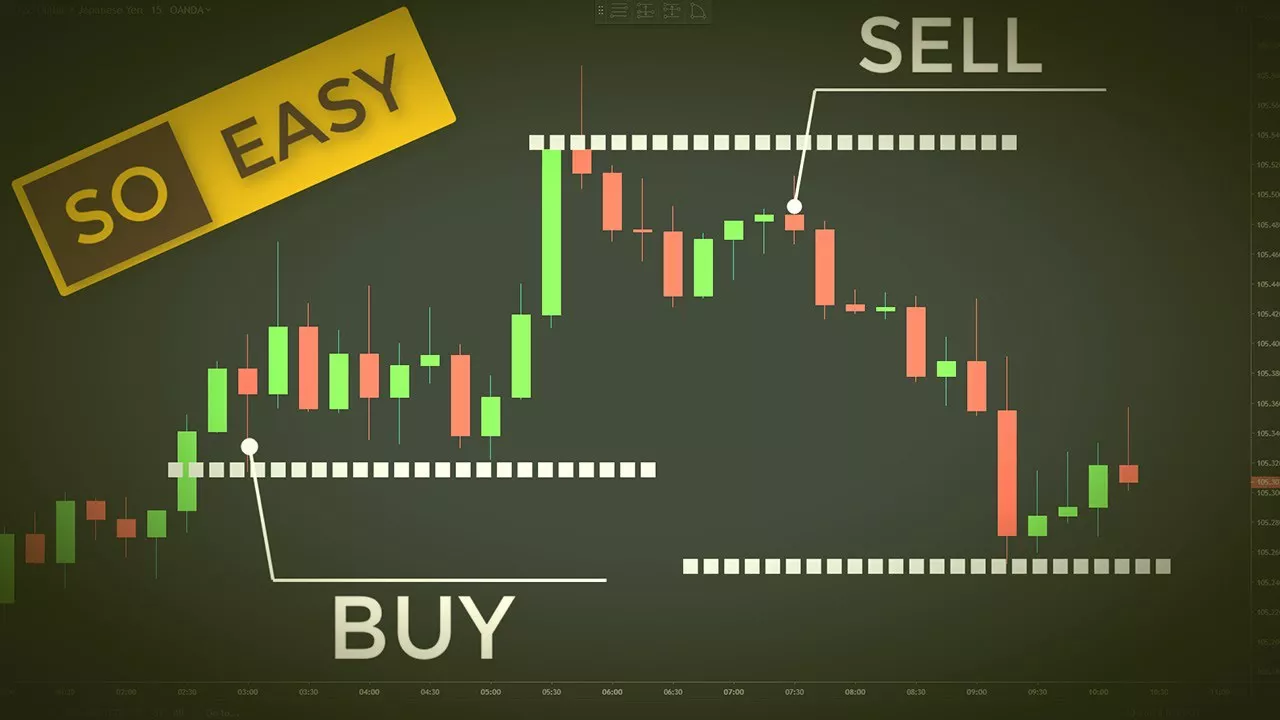Gold Reaches Record High as Dollar Strengthens
LONDON, Oct 23 (Reuters) – Gold prices surged to record highs on Wednesday, defying the rising U.S. dollar, as investors showed caution ahead of the upcoming U.S. election. This boost in gold came despite global stock markets edging lower, reflecting growing uncertainty among traders with the election just two weeks away.
The dollar’s strength put pressure on major currencies like the yen and the euro. Simultaneously, U.S. Treasury yields continued to rise, with economic data showing signs of steady growth and job creation. This has led investors to reconsider how aggressively the Federal Reserve might cut interest rates in the near future.
Changing Expectations on Rate Cuts
A month ago, traders anticipated that the Federal Reserve might slash rates by a full percentage point by January. However, recent economic indicators have shifted that expectation to a more moderate half-point cut. U.S. Treasury bonds have taken a hit as a result, with yields climbing to three-month highs.
The dollar’s rise to multi-month peaks against the euro, sterling, and the yen has caught the attention of global financial markets. The yen, now trading at 150 per dollar, prompted verbal warnings from Japanese officials as it reached its weakest point in recent months.
Stocks Under Pressure Ahead of U.S. Election
Despite these movements in the bond and currency markets, global stocks have remained near record levels, although they have recently shown signs of weakening. The MSCI All-World Index slipped by 0.1%, mirroring similar declines in European markets. The STOXX 600 index also fell by 0.1%, with U.S. stock futures reflecting similar trends.
Kathleen Brooks, research director at XTB, noted that the upcoming U.S. election is adding to the stock market’s hesitation. “This week’s stock market action suggests that hitting the 50th record high for the S&P 500 could be challenging with the election so close,” she said.
Market Volatility Expected as Election Nears
As the November 5 U.S. election approaches, investors are preparing for more volatility. Although betting websites have recently shown an uptick in the odds of Donald Trump defeating Kamala Harris, opinion polls indicate the race is still too close to call.
A potential Trump victory has raised concerns among investors, given his policies on tariffs and immigration, which are expected to drive inflation higher. This uncertainty has contributed to the cautious approach in global markets.
Strong Dollar Supports Gold Rally
While the dollar’s strength has hurt other assets, it has failed to dampen gold’s momentum. The precious metal rallied to a new all-time high of $2,757.99 per ounce, with analysts pointing to geopolitical tensions, particularly in the Middle East, as an additional factor driving demand for safe-haven assets.
Rising Treasury Yields Add Pressure
The yield on the U.S. 10-year Treasury note increased by 2.6 basis points, reaching 4.23%. Since the Federal Reserve’s recent rate cut in mid-September, Treasury yields have surged by nearly 50 basis points, marking the largest one-month rise in over a year.
Prashant Newnaha, a senior rates strategist at TD Securities, highlighted the market’s concerns. “The Treasury sell-off has deepened this week as markets recognize that the Fed risks fueling inflation if it continues easing into a strong economy,” he explained.
Additionally, Trump’s improved election prospects have dampened expectations for further rate cuts in 2025. There is speculation that the Federal Reserve may hold off on further easing measures for six months next year, depending on the election outcome.
Yen and Euro Weaken Amid Dollar Strength
With the dollar’s continued strength, other major currencies have come under pressure. The Japanese yen, already the worst-performing currency among its peers this year, weakened further to 152.45 per dollar, its lowest level since late July.
The euro also dropped by 0.1%, trading at $1.0787, a level not seen since early August. Analysts at Goldman Sachs warned that a potential Trump presidency could lead to further declines in the euro, predicting a 10% drop in a scenario where new tariffs and tax cuts are implemented.
Crude Prices Dip on Inventory Data and Middle East Tensions
In the commodities market, crude oil prices were also affected. Brent crude futures fell 0.7% to $75.44 per barrel, while West Texas Intermediate crude slipped by 0.9%. This came after data revealed a larger-than-expected increase in U.S. fuel inventories.
Meanwhile, investors kept a close eye on developments in the Middle East as Israel’s ongoing military actions in Gaza and Lebanon added to the uncertainty in global energy markets.
Related topics:




























